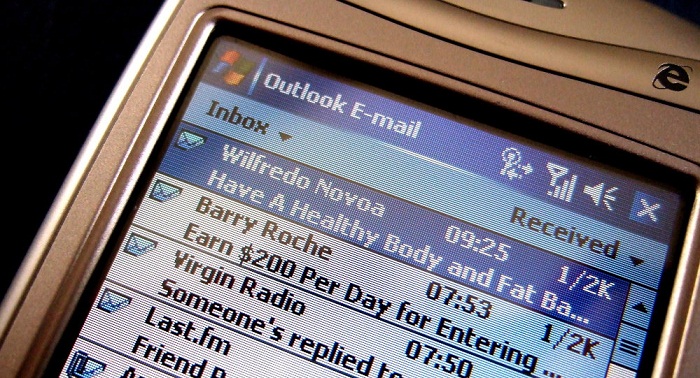The NSA is Still Spying on Your Email, Even After Saying It Had Stopped

The new information is contained in a report by the NSA`s inspector general that was obtained by the New York Times via the Freedom of Information Act. One passage lists four reasons that the NSA decided to end the email program and purge previously collected data. Three were redacted, but the fourth, uncensored reason said that "other authorities can satisfy certain foreign intelligence requirements" that the bulk email records program "had been designed to meet."
According to the Times, the NSA collected bulk email data through two programs which the agency operated simultaneously – one within the United States and a second one abroad. The domestic program fell under the oversight of the Foreign Intelligence Surveillance Act and intelligence court, while the foreign-based one largely did not.
Because of the nature of the Internet, a lot of US domestic data travels abroad at some point. The NSA decided, therefore, that the bulk data they were collecting abroad included pretty much everything they were collecting with the US program, and with the two programs overlapping heavily, they chose to end the one with court oversight.
The disclosure comes as another NSA program that collects Americans’ phone records in bulk is set to end this month as dictated by a law enacted in June. A replacement program still will allow the NSA to access data to hunt for terrorism suspects, but the bulk data will remain in the hands of phone companies.














































